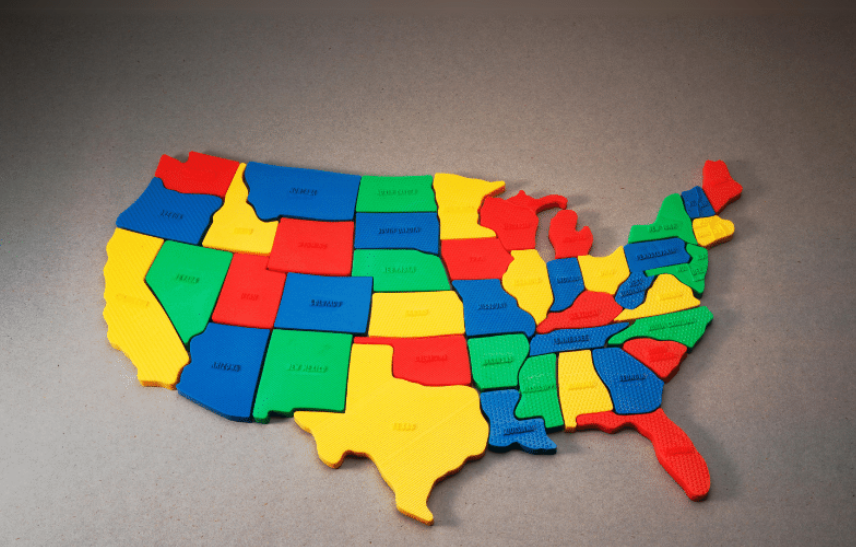5 Reasons Why Business Owners Need A Licensed CPA
If you’re a business owner that likes running things on your own, doing so without a licensed CPA by your side may be harmful. The more hats you wear, the less likely you’ll be able to focus, solely, on the profitability of your company.
Avoid unscrupulous tax preparers who include errors or false information on a tax return that could leave you open to liability for unpaid taxes, penalties, and interest.
Here are five reasons why you need a licensed CPA during all stages of growth within your company.
- Data Security: When you have your taxes prepared, you are entrusting all your sensitive financial information (social security numbers, birth dates, driver’s license, bank information) to someone. There is no requirement for an unlicensed person to keep your data secure. At Insogna, CPA, we utilize com, which secures files when uploading, downloading, and while at rest. Dropbox, on the other hand, only secures files when uploading…not while at rest!
- Computer Security: There are no rules or laws requiring an unlicensed professional to maintain a basic level of computer security to protect your sensitive tax information or files from potential hackers. However, as a licensed CPA firm, we recognize the need for computer security. That’s why we use VPN, a third-party security company to monitor our computers. We also leverage LastPass to keep our passwords secure.
- Confidentiality: Unlicensed accountants have no governing requirements to keep your information confidential. However, a licensed CPA, by definition, are not required to sign an N.D.A. because they are required by the American Institute for Certified Public Accountants (AICPA) and State Board of Accountancy to keep the information confidential, similar to a doctor-patient privilege.
- Recourse: Working with a licensed CPA provides you recourse with the State Board of Accountancy if you ever need to report them. If you work with an unlicensed person and they disappear, there is no one to call or complain to. If your taxes are prepared wrong by an unlicensed person, there is no recourse with any state or federal agency for you. An unlicensed tax professional can just walk away while you deal with the fallout of the IRS.
- Accountability: The AICPA requires CPAs to complete their work correctly. Accountability, in the financial arena, means that an individual or department is held responsible for the performance of a specific function.
Licensed CPA vs Unlicensed Accountant Snapshot
According to Merchant Maverick, “An accountant is a finance professional who offers business advice and can perform bookkeeping tasks like reconciliation and record-keeping. But only a CPA can represent your company legally before the IRS, create audit reports, and review reports.”
Certified Public Accountant (CPA) |
Unlicensed Accountant |
|---|---|
|
Must have a Bachelor's and have successfully passed the CPA certification exam |
Not required to have any formal education or prior experience |
|
Offers advice and insight about the big picture finances of a business, and can often offer a deeper knowledge of tax codes |
Offers advice and insight about the big picture finances of a business |
|
Can create audit reports and review reports |
Can only create compilation reports |
|
Can legally represent a client |
Cannot legally represent a client |
Education, Ethics, and Training
In addition to a college degree in accounting with 150 hours of approved college coursework, before someone becomes a CPA, when he/she also passes a four-part CPA Exam.
Then the person must apprentice with a licensed CPA for at least 100 hours before receiving the CPA designation.
Once licensure is granted, many state licensing boards require that CPAs maintain and improve their skills through continuing professional education (CPE) courses and other opportunities for professional development. In Texas, that means 120 hours, with a minimum of 20 per year.
The license is not the only requirement to be a CPA. CPAs are also expected to follow a strict code of ethics and meet the high standards of the profession. In Texas, CPAs must complete four hours of ethics courses every two years.
Do I need a CPA full-time?
You may not need to hire a licensed CPA full-time, or even as a part-time employee, to benefit from their knowledge of the ins and outs of business finance. As you run your business, there may be specific instances when you need a CPA’s expertise.
The important thing to keep in mind is the skillset, security, and knowledge a licensed CPA brings to your business. Give us a call to discuss your business situation and learn how we can help your business grow.
You Might Also Like
- 6 Reasons a Licensed CPA Should Do Your Taxes
- Do I need a licensed CPA on my business team?
- Hold on, Can even afford a virtual CFO?
- 5 Ways Our CFOs Deliver Real-World Value
- The Major Reasons Why a Virtual CFO Can Help Your Business Thrive
- How Businesses Increase Cash Flow by Having A Proactive Tax Strategy
- Virtual Controller vs. Outsourced CFO




